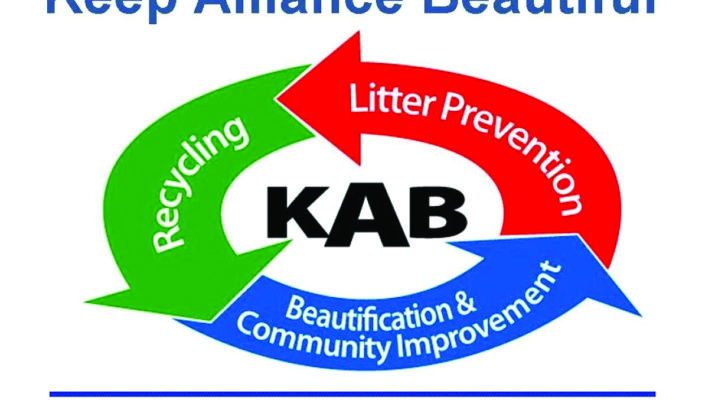Earth Day came and went Tuesday, April 22. None of the mainstream radio stations or websites I visited that day lumped the observance with the top news, just a run of the mill feature story here or there if you dug to the next level. Environmental coverage hums 24/7 for anyone willing to take even a cursory look. The key is to constantly build awareness and adopt ways to be proactive.
Consumers can choose to support sustainable and environmentally friendly products and companies while also considering the best options for their own health and well being. Packaging may tout how much of the container is from recycled materials or if renewable energy powers the facility, for example. What about the ingredients in that lotion you are slathering all over or the tasty snack the children crave with several nearly unpronounceable names? Information is increasingly available to determine what to buy based on what is listed in the fine print and what may not be.
The Environmental Working Group is an example of an organization that has been striving to enlighten the public for decades from contaminants in tap water to an analysis of what’s in sunscreen or on fruits and veggies in the produce aisle with a list of the non-organic varieties with the most pesticides in their 2024 guide. The EWG website offers a range of consumer guides to help mitigate environmental hazards for optimum health or even shrink your carbon footprint.
Of course, people need to decide whether the consumer reports for environmental considerations are reputable. If the source you decide to consult passes muster then the data is there to make sound decisions. Can I find a healthier alternative while shopping locally? Does the fact that contaminants are below legal levels yet still considered unhealthy by some experts matter to me?
Environmentally responsible corporations should be rewarded by businesses from like-minded consumers. Local stewards of the land should be the first choice whenever we can support our friends and neighbors who are usually more than happy to share how they raise chickens or bake gluten free bread.
Buying what is good for us can be good for the Earth. If enough people move that direction perhaps the headline next Earth Day will tell about how many more businesses voluntarily sell what is good for the Earth.

